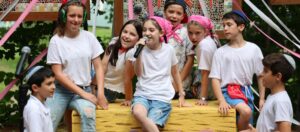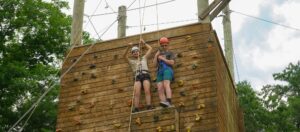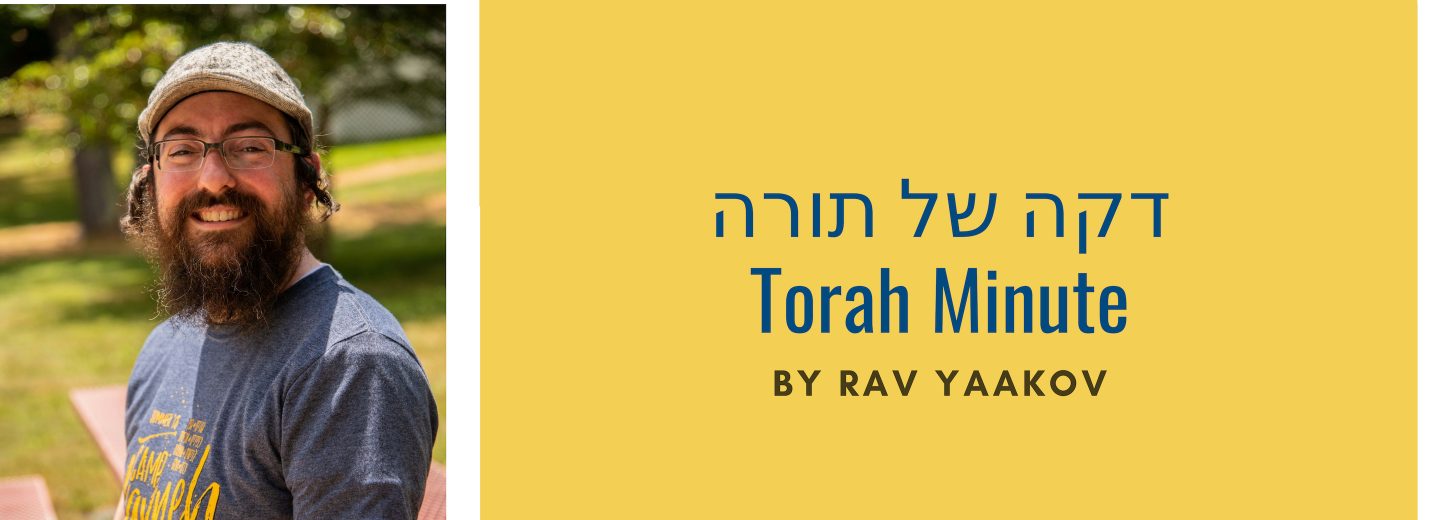A Laughing Matter
This week’s parsha is action-packed with momentous events in the origin story of the Jewish people, culminating with Akeidat Yitzchak. It opens, though, with Avraham sitting at the entrance to his and Sarah’s tent recovering from his late-in-life circumcision. Avraham and Sarah are visited by three men who turn out to actually be angels. They rush to make their guests feel welcome, and in time the angels reveal their purpose in being there. One of them tells Avraham that they will return in a year, at which point Sarah will have given birth to a son. When she hears this Sarah can’t help but laugh to herself. Avraham is 100 years old, she herself is 90. Is it really possible for them to have children at this point in their lives? God chastises Sarah for laughing, as it implies that she is doubting God’s ability to grant them a child.
We soon see that Sarah does indeed give birth a year later. In a fascinating turn of events, Sarah chooses to name her child Yitzchak, literally meaning “he will laugh.” She says that “God has made laughter for me, and everyone who hears [the news of her giving birth] will laugh with me.” The Torah casts the first episode of Sarah laughing as a shameful one, in which God rebuked Sarah for her doubting laughter. Why would Sarah call attention to this moment, indeed enshrining it forever in the creation of the Jewish people, by naming her new child “laughter”?
Sarah’s choice of name for Yitzchak teaches us that there are two kinds of laughter. There is laughing at, and laughing with. When Sarah heard the news that she would have a son, she laughed at it from a place of pain, from wanting a child for so many years and not truly believing it could happen. It was laughter removed from joy, laughter as a defense mechanism. When Yitzchak was born, Sarah transformed that laughter into laughing with God, centering her joy and gratitude, and in turn also calling others to laugh together with her.
Sarah named her son Yitzchak to teach her descendants – us – that a central part of being Jewish and of living a Godly life is the ability to embrace joy and have gratitude even in the face of pain. Laughter can be used to cope, to laugh at the ups and downs of life. It takes a deeper level of strength to be able to find joy and hope and to laugh with life, even when things are hard. This type of laughter is infectious, creating connections with people and passing on this strength. In giving Yitzchak his name, Sarah was blessing him with this extraordinary ability to guide him through life.
Questions for the Shabbat Table:
- Describe a time when you laughed at, and describe a time when you laughed with. What did each experience feel like?
- How could you increase the laughing with in your own life?




